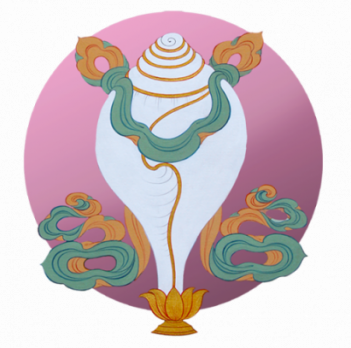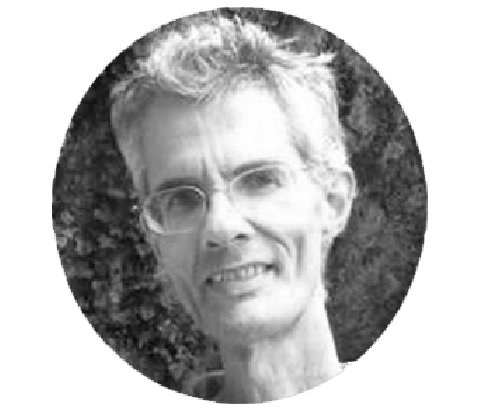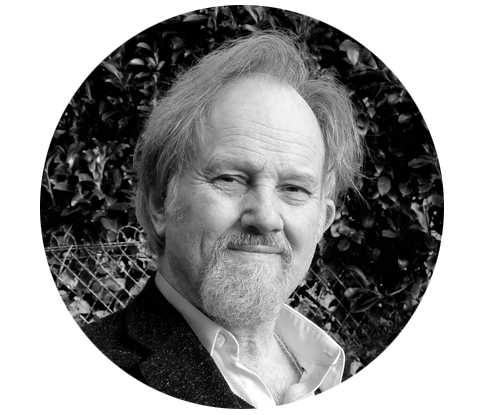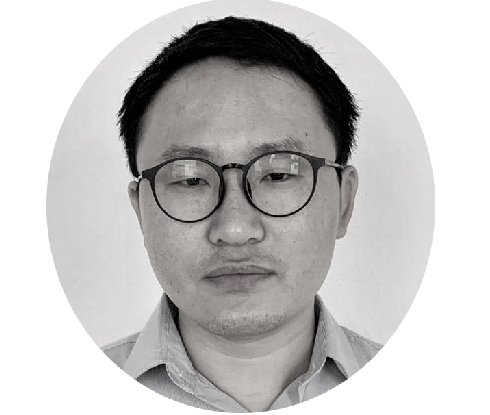Training
Khyentse Vision Project offers a two-year Training & Internship Program to promising translators, targeting the skills required to confidently translate texts from the wide range of genres found in the Khyentse Wangpo collections.

Our Goal
Many aspiring translators have solid Tibetan language skills but lack the experience and expertise to work independently on the wide-ranging and often complex texts found in the Khyentse Wangpo collections. Our team of translators provides trainees with targeted training to help them fine-tune their translation skills.
Our Program
In Year One, trainees learn translation and research methodology tailored to working with the Khyentse Wangpo collections. Participants attend weekly workshops led by Khyentse Vision Project translators and guest experts and complete independent and collaborative projects and assignments. In the second half of the year trainees work closely with Khyentse Vision Project translators in a guided mentorship where they learn the ins and outs of crafting a polished translation.
Participants who meet Year One assessment criteria may be invited to complete an internship in Year Two. The internship year starts with an intensive classical reading seminar. Interns then select a text and translate it under the guidance of a senior translator, and work with an editor to bring their project to publication.
Guest Expert Workshops

Translating Khyentse Wangpo
work with style & poetic technique in target language; understand importance of lineage & experience in translation
Genre:
supplication, poetry

Translating Philosophy & Commentaries
Genre: philosophy, commentaries

Creating Inspiring & Polished English Translations
engage with target language sources on style, process & poetic form; understand relevance of linguistic history
Genre: prose, poetry

Translating Biographies, Colloquial Language & Songs
conduct genre-relevant research; understand historical & cultural context of biographical literature
Genre: biography, song

Tibetan Grammar, Language & Source Text Familiarity
work with source texts; demonstrate familiarity with editions & history of source collections
Genre: philology, karchak

Translating Sādhana & Practice Liturgies
identify structure & form of sādhana; conduct background research for translation of liturgical texts
Genre: sādhana

Creating Metered Verse in English for Chanting
work with style, process & poetic form; create metered verse in target language
Genre: supplications, praises

Tantric materials and sensory objects
translate technical vocabulary; consider associated terms
Genre: tantra

The translation process
work effectively with advisors & experts; apply a systematic approach to translation
Genre: source text collections
In-House Workshops

Life & Times of Khyentse Wangpo; Understanding Poetry
become familiar with the historical times of Khyentse Wangpo & the Rime movement; discuss effective poetic techniques in English
Genre: supplication, poetry

Work with Expert Traditional Advisors
prepare translations for review; identify & address questions
Genre: vajra songs, mind training

Khyentse Wangpo & the Sakya Tradition
understand importance of tradition & lineage in applying translation methodology
Genre: Sakya tradition material

Review of Praise to Tangtong Gyalpo
identify symbolic language & decipher esoteric expression; understand Tantric textual context
Genre: anuttarayogatantra texts

The Editorial Workflow Process
collaborate effectively with editors; become familiar with editorial workflow process; work with constructive criticism
Genre: editorial processes

Translating Historical & Geographical Tibetan Texts
work with historical style & language; apply relevant research methods
Genre: history, geography

Language in context
recognize grammar cues in source texts & their impact on meaning; select reference materials
Genre: mind training

The Life of a Translator & the Translation Process
work with style & process; approach restricted texts correctly; appreciate role of lineage & blessings in translation
Genre: treasure cycles

Research in practice
follow textual research guidelines; conduct research for a translation project
Genre: prayers & praises

Khyentse Wangpo’s place in Tibetan literature
gain an overview of texts & genres; identify content crossover with important collections
Genre: text collections

Advanced reading
locate cited works; compare editions; conduct research for a translation project
Genre: advice & intstructions

Khyentse Vision Project Translator Guidelines
apply in-house style guidelines; understand translation standards; work effectively with editors
Genre: style guidelines
Translator Training Program participants
Discover more about our program participants from around the world.

Find out more about Khyentse Vision Translator Training
Subscribe to our newsletter to hear about training opportunities and events. The minimum requirement for a trainee to be accepted into our program is three years of classical Tibetan language study at a recognized institution, or equivalent training with a recognized scholar. KVP will open applications for the 2027 program in October 2026.
